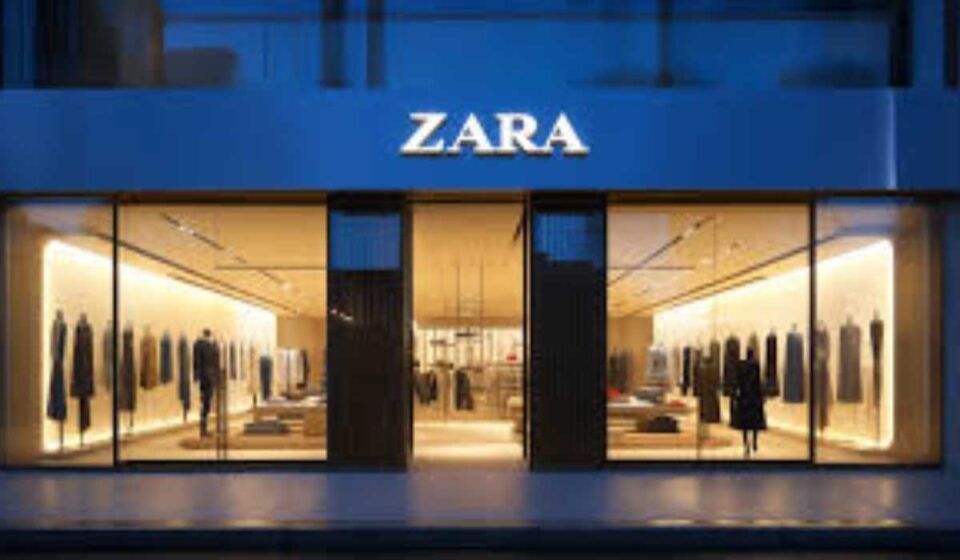Zara has established itself as a dominant force in the fashion industry, largely due to its fast fashion business model, which prioritizes speed, adaptability, and a deep understanding of customer preferences. Unlike traditional fashion retailers, which plan their collections months in advance, Zara operates on a unique supply chain that allows it to design, produce, and distribute new clothing items in as little as two weeks. This rapid turnaround enables Zara to constantly refresh its inventory with the latest trends, ensuring that its stores always offer something new and appealing to customers.
A key factor in Zara’s success is its vertically integrated supply chain management, which gives the company tight control over every aspect of production and distribution. Rather than outsourcing manufacturing to distant locations, Zara produces a significant portion of its clothing in facilities close to its headquarters in Spain. This proximity allows for quick adjustments based on real-time sales data and customer feedback. Additionally, Zara’s use of sophisticated inventory control systems ensures that its stores are always stocked with the right products, reducing the risk of overproduction and markdowns.
Zara’s store operations are also central to its fast fashion model. The company has cultivated a culture of adaptability and responsiveness within its retail teams, empowering store managers to make decisions based on local demand. This decentralized approach allows Zara to quickly identify and respond to emerging trends in different markets. Furthermore, the company’s focus on data-driven decision-making means that every aspect of the in-store experience is optimized for efficiency and customer satisfaction, from product placement to window displays.
However, Zara’s fast fashion model has not been without its challenges, particularly in the area of sustainability. The rapid production cycles that define fast fashion are often associated with environmental concerns, including excessive waste and resource consumption. Recognizing this, Zara has made significant efforts to improve its sustainability practices. The company has introduced eco-friendly product lines, increased the use of sustainable materials, and implemented recycling programs. While these initiatives are steps in the right direction, Zara continues to face the challenge of balancing the demand for fast fashion with the need for environmental responsibility.
As consumer awareness of sustainability grows, Zara is adapting its business model to align with evolving demands. The company is investing in more sustainable production processes and exploring new ways to reduce its environmental footprint. At the same time, Zara remains committed to its core principles of speed and adaptability, recognizing that these are the key drivers of its success. By continually evolving its approach to fashion retail, Zara aims to maintain its leadership position in the industry while addressing the challenges of sustainability in the fast fashion era.


